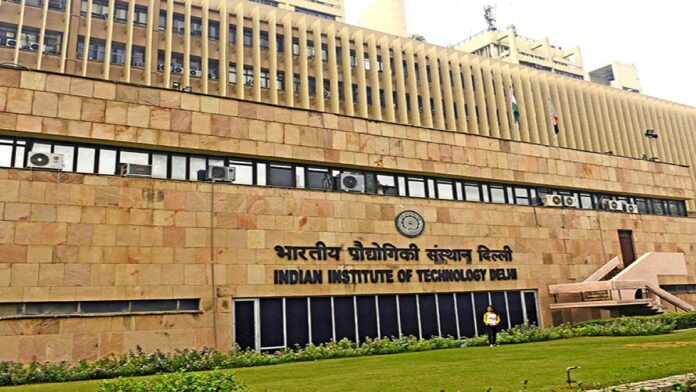The second batch of the Indian Institute of Technology Delhi’s (IIT Delhi) certificate programme, which focuses on the principles of electric vehicles (EVs) and charging infrastructure, has officially begun. In the midst of the rapidly emerging electric vehicle era, this initiative aims to address the growing need for specialised and skilled professionals in the Indian automotive sector.
Adjusted to the specifics of the situation, the certificate programme is made to fulfil the ever-changing needs of this new industry and align with the policies and programmes of the Indian government that are going to spark yet another green revolution.
EXTENSION OF THE EV SECTOR
According to projections, the country’s EV market is expected to grow at a compound annual growth rate (
) of 49% between 2022 and 2030. Annual sales of EVs are expected to reach one crore units in 2030, creating five crore jobs directly and indirectly in the process.
The 55-hour, five-month online course is designed with mid-career professionals in mind, giving them the tools they need to succeed in the quickly expanding electric vehicle market.
Primary Focus
The programme places a strong emphasis on creating new infrastructure, procedures, and goods that support environmental preservation and sustainability. The first group of participants had a wide range of industry backgrounds: 20% came from the electrical and electronics industry, while 16% each came from the automotive and energy sectors. Interestingly, the computer networking, software, and IT sectors contributed 14%, suggesting a strong preference for technologically advanced solutions in the field of electric vehicles.
Six percent of the participants were professionals from different industries, including Mining & Metals, Design & Education, and Sales & Marketing Services. This indicates the program’s wide appeal to professionals in a variety of professional domains. Additionally, participants had the rare chance to visit and interact with the Centre for Automotive and Tribology Lab at IIT Delhi, where they built batteries and learned the principles of battery design from faculty members.
The Certificate Programme on Fundamentals of EVs and Charging Infrastructure was introduced by Santanu Kumar Mishra, a professor at IIT Delhi, who spoke at the announcement with pride. The program’s goal is to give professionals a transformative learning experience in understanding the nuances of electric vehicles.
He underscored the institute’s dedication to equipping students to become trailblazers in the field of electric mobility, encouraging creativity, driving business progress, and guiding the way towards a more environmentally conscious and sustainable future. According to recent reports, in an effort to entice foreign companies to set up manufacturing facilities in India, the government is reportedly creating a specific policy for the manufacture of electric vehicles (EVs) in addition to programmes like FAME and production-linked incentives (PLI) for cars and auto components and the production of advanced chemistry cell (ACC) batteries.
According to a recent McKinsey & Company survey on EV adoption in India, a sizable majority of people are thinking about buying an EV for their next vehicle, with plug-in hybrid electric vehicles coming in second at 21% and full-battery electric vehicles at 49% as their preferred options. This trend highlights the increasing concern Indian consumers have for sustainability, giving environmental factors priority when making decisions about cars and how to use mobility.
It is highly recommended that professionals enrol in the certificate programme on the fundamentals of electric vehicles (EVs) and charging infrastructure. By taking courses on topics like battery technology, EV charging infrastructure, EVs and motors, communication and security, and protecting EV chargers, among other things, professionals will improve their managerial competencies.
The programme will include a one-day immersion programme at the esteemed institution and be delivered in Direct-to-Device (D2D) mode via the cutting-edge Interactive Learning (IL) platform. After finishing, students can consider jobs as hardware engineers, power electronics engineers, battery engineers, charging infrastructure specialists, etc.


































